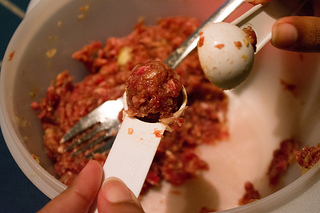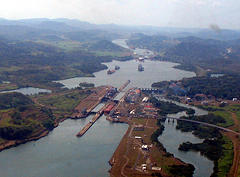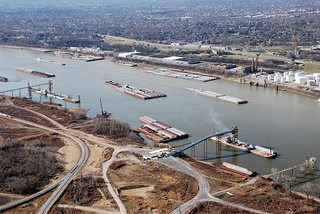Quality Control and Better Transparency Could End Horse Meat Scandal

The UK horse meat scandal continues to grow as officials investigate deeper. Over the last 7 years, the UK Border Agency has seized over 48 tons of meat entering the country illegally and doesn’t have the resources to control the problem alone. Government representatives are meeting with food industry leaders to reach a solution that protects the food supply chain from future contamination.
This article is for Premium Members only. Please login below to read the rest of this article.
Not a Premium Member yet? Become one today.
[login_form redirect=’https://www.procurementbulletin.com/quality-control-and-better-transparency-could-end-horse-meat-scandal’]
[show_to accesslevel=’Premium Members’]
Quality Control Is Fundamental
Lasagna, meatballs, and burgers are among the beef products found to contain horse meat, as well as donkey and pig meat. Environment Secretary Owen Paterson believes Europe’s meat testing system is to blame. “No-one checks what is on the pallet often enough, no-one checks what is in production often enough, no-one checks the finished product often enough,” Paterson says. Tainted products are not making it only into the retail supply chain. Schools and hospitals are also affected.
Consumers Look to Retailers for Reassurance
Several tests are underway now, but Paterson thinks the entire system needs an overhaul in the near future. In the meantime, consumers are trusting their local supermarkets to keep the beef on their dinner tables pure. Children’s Food Trust chief executive, Judy Hargadon says, “People buying in good faith have all been let down by these issues in the supply chain.” Paterson met with representatives from major supermarkets, including Tesco, Asda, Sainsbury’s and Morrisons at Westminster and feels confident they can resolve the problem.
Retailers Accept Responsibility
According to British Retail Consortium director general Helen Dickinson, “Retailers take their responsibilities very seriously and are doing everything they can to maintain consumer confidence and increase surveillance.” Sainsbury’s already has an extensive testing program in place with about 50 full-time factory testers along with other testing methods at various points along the supply chain. Tesco announced plans to build a “world-class traceability and DNA testing system” and will create a new website that details the program.
While suppliers, government agencies, and even consumers all play an important role in keeping the supply chain clean, retailers and brands can have the biggest impact on consumer safety. Supermarkets that accept that responsibility will remain industry leaders and can prevent similar scares in the future. [/show_to]







